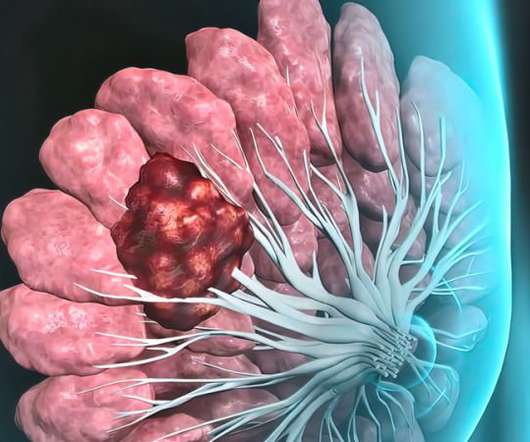Researchers identify immune targets for chemotherapy-resistant breast cancers
Drug Discovery World
OCTOBER 7, 2022
To investigate the immune environment that surrounds these chemotherapy-resistant tumours, the researchers employed multiple and novel complementary technologies looking at proteins and genes on both pre-treatment and post-treatment breast cancer tissue.













Let's personalize your content